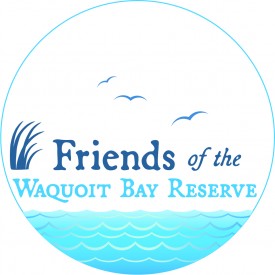Ever wondered about the antenna rising up from the sands at South Cape Beach in Mashpee? Researchers from UMASS Amherst are tracking the movements of Common Terns, Roseate Terns, and Piping Plovers in Southern New England by using light-weight transmitters which track the birds around the clock. Knowledge of offshore flight paths of birds is essential to inform effective conservation decisions in marine planning such as how to minimize impacts of offshore wind energy facilities on key bird populations. Hear about the work at South Cape Beach in Mashpee and how it connects to work in southern New England which is coordinated with automated radio telemetry stations throughout the Western Hemisphere. To learn more about wildlife tracking, visit www.motus-wts.org.
Pamela Loring, PhD candidate, Dept. of Environmental Conservation, University of Massachusetts, Amherst
> Download Presentation PDF

